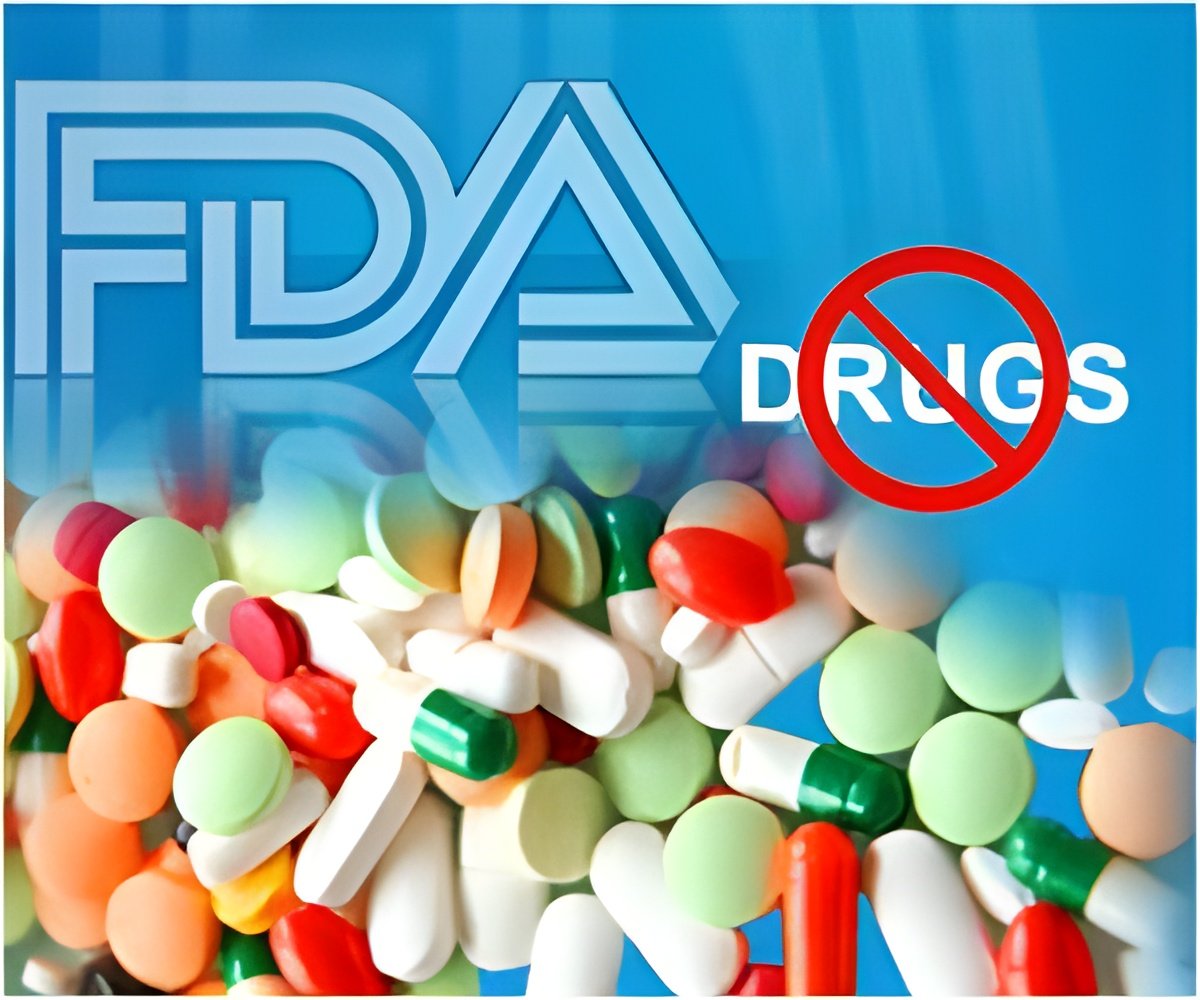The FDA has listed out 13 drugs that could cause serious side effects and is monitoring them carefully.

2. Dronedarone hydrochloride (Multaq): Dronedarone is a drug used to treat arrhythmias or abnormal heart rhythms. It has been reported to increase the anticoagulant effect of warfarin when the two drugs were used together.
3. Epoetin alfa (Epogen/Procrit): Epoetin alfa is human recombinant erythropoietin that stimulates the production of red blood cells. The formulation of epoetin alfa was reported to be contaminated with small glass flakes called lamellae. The lamellae could cause adverse effects like increased blood clotting and local reactions. The manufacturing company Amgen has recalled certain lots of the drug due to this contamination.
4. Gemcitabine hydrochloride (Gemzar): Gemcitabine is an anticancer drug. It has been reported to cause veno-occlusive liver disease or blockage of small hepatic veins.
5. Lanreotide acetate (Somatuline depot): Lanreotide is a drug similar to a hormone found in the body called somatostatin. It is used to treat adult patients suffering from excess growth hormone, a condition called acromegaly. It has caused severe cases of pancreatitis.
6. Lanthanum carbonate (Fosrenol): Lanthanum carbonate is used to reduce phosphate levels in the blood in patients with kidney failure. However, it has caused swallowing complications and obstruction in the digestive tract due to hardness of the tablet
8. Lithium citrate: Lithium citrate is used for a psychiatric condition called manic depressive psychosis. It has been found to increase the risk of certain patients manifesting a condition called Brugada Syndrome. Brugada Syndrome is a hereditary condition in which the patient suffers from ECG changes and sudden cardiac death.
10. Octagam 5%, Immune Globulin Intravenous (Human): This formulation has been reported to cause increased cases of thromboembolism or blood clots. This formulation has been voluntarily withdrawn from the US market by its manufacturer.
11. Pioglitazone HCl (Actos): Pioglitazone is an anti-diabetes drug that could be associated with severe muscle damage, a condition called rhabdomyolysis. The condition often progresses to kidney failure.
12. Ranolazine (Ranexa): Ranolazine is a drug used to treat angina or chest pain due to reduced blood supply to the heart. It has been found to increase the risk of rhabdomyolysis in patients taking cholesterol lowering drugs from the statin group.
13. Sodium oxybate (Xyrem): Sodium oxybate is a central nervous system depressant that has been reported to cause death in some patients.
Though the FDA is closely monitoring these drugs for their side effects, it has advised patients and physicians to continue to use the drugs, till these adverse effects are established and further regulations are in place.
Reference:
http://www.fda.gov/Drugs/GuidanceComplianceRegulatoryInformation/
Surveillance/AdverseDrugEffects/ucm237585.htm
Source-Medindia
 MEDINDIA
MEDINDIA


 Email
Email





